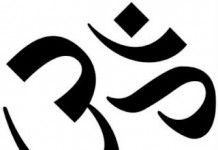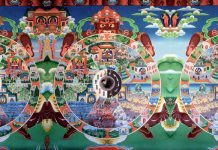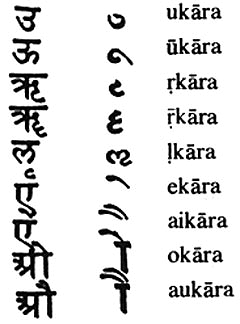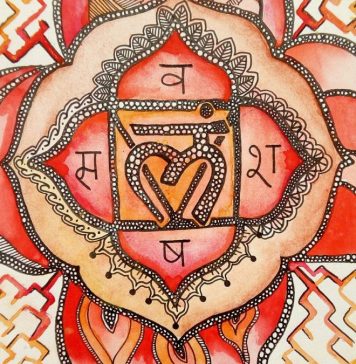Egyptian afterlife beliefs are not what popular culture would have us believe. These weren’t a morbid and morose people, focused on how best to preserve bodies with everything about their life focused on surviving the afterlife. Quite the opposite. Egyptian afterlife beliefs led the ancient Egyptians to live their every day life to the fullest. It encouraged them to focus on living without causing harm to one another, to focus on enjoying the beauty of the world, and to revere their gods. Death, in the mindset of the ancient world, was simply a ferry-stop to an idyllic world of perfection where days were perfect, fields never lacked for food, trees gave shade and fruit, and all was a peace.
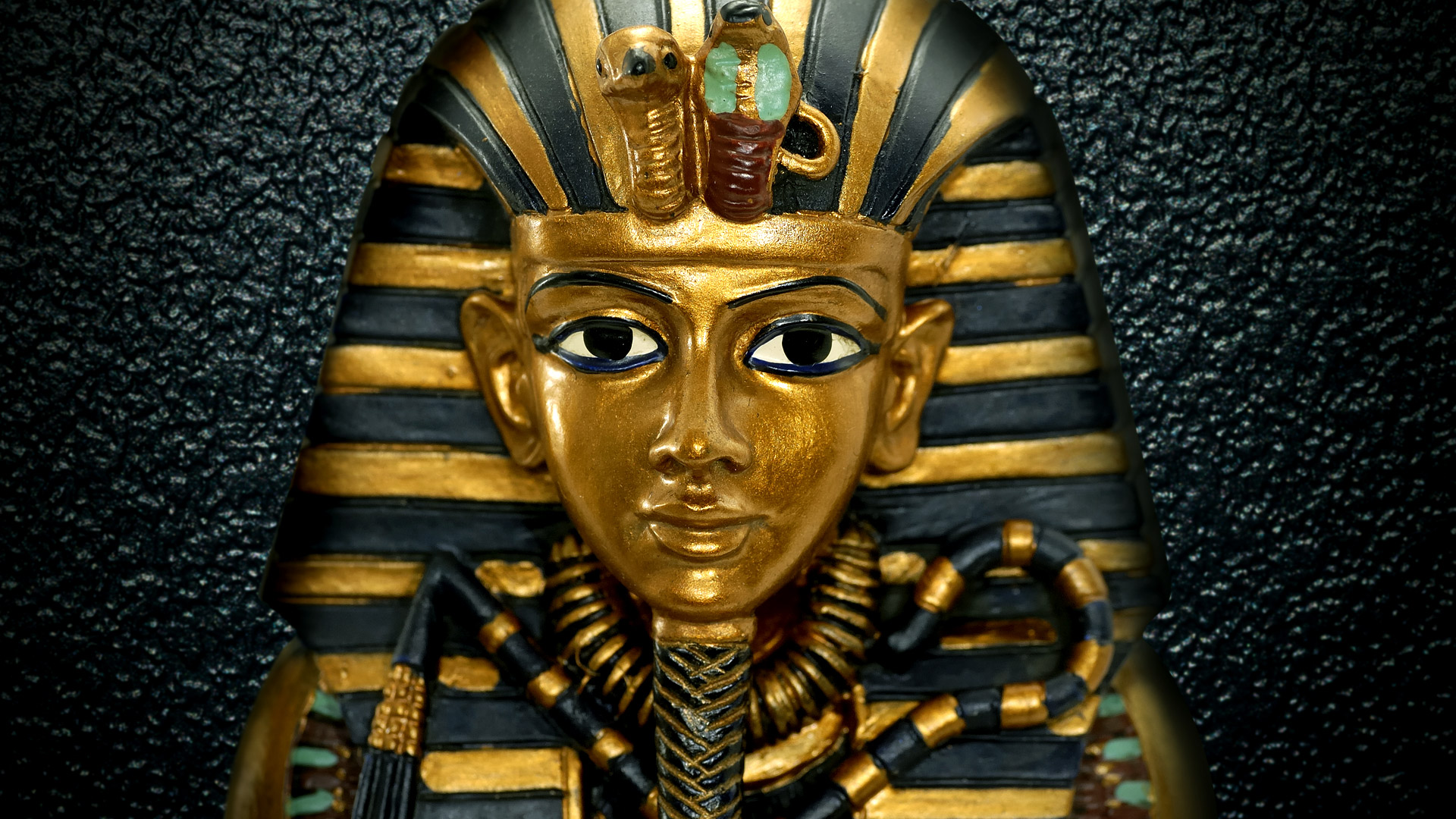
Egyptian Afterlife Body Preservation Methods
So why then did they preserve the bodies of their people with such dedication and close attention to detail? Ancient Egyptians believed that through the process of mummification the physical form was transformed into a new body that would go with the deceased person into the afterlife. Once the funeral rites were finished, the spirit would enter this new body and they would rise once more in a different plane. The family would leave them food, tools, talismans and amulets. They would leave treasures, instructions from the Book of the Dead, and if one was wealthy enough a box of small wooden dolls to aid them when their journey to the afterlife was complete.
Beginning the Afterlife
The newly risen would begin their journey through the afterlife to the Field of Reeds but it wouldn’t be easy. Along the way they would face foul creatures that may try to trick them off the path. They would have to answer questions and solve riddles in order to finally make their way to the realm of the Duat or the Gods. Even here, however, their journey is not through. The Egyptian God of Afterlife, Anubis, would weigh the heart of the deceased as they recited what were known as the Negative Confessions, professing things that they had never done during their earthly lifetime. If the 42 judges listening to their confession agree and their heart, weighed by Anubis, is equal in weight to the feather of Maat, the goddess of truth and justice, they will be allowed to move on to the final test at the Lily Lake. Here they will meet the ferryman, known as Hraf-hef. He is an awful creature, miserable and cruel but if the soul maintains courtesy and kindness no matter how he treats them they will be ferried across the lake and into the beautiful rest of the Field of Reeds.
Egyptian afterlife beliefs described the Field of Reeds as a perfect mirror of life on earth. You would rejoin all those you had lost, even pets. Here you could use your little wooden figures, known as Shabti dolls to handle the plowing and harvesting of your fields and orchards. Every day was greeted with the knowledge that it was as perfect and glorious as they day before; without sickness, pain or any of the negative shades that made life on earth just a little less than perfect.

